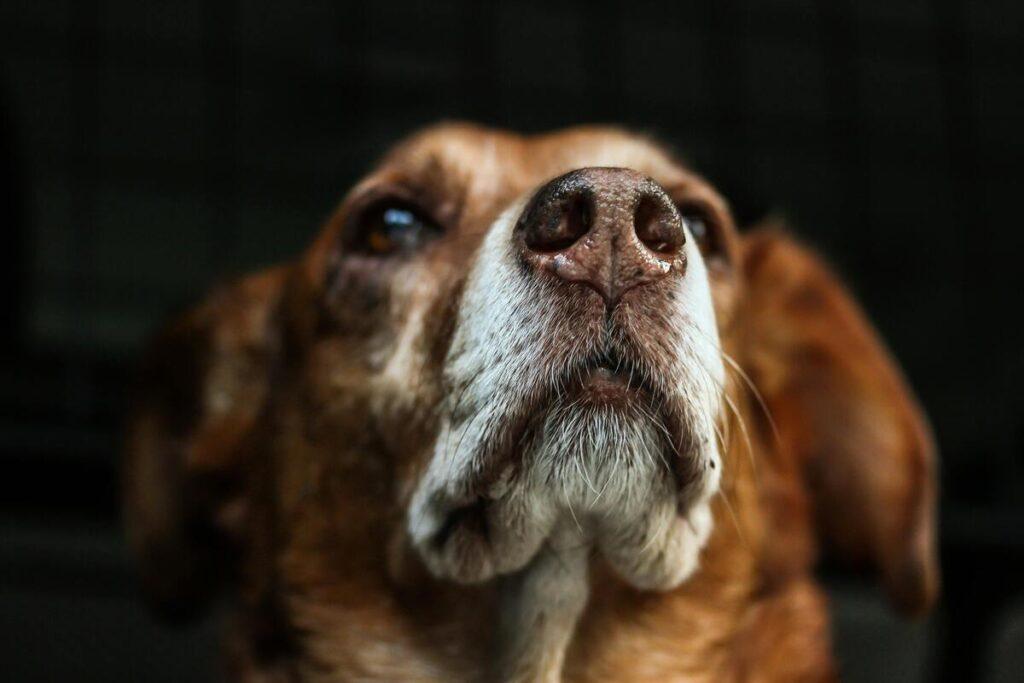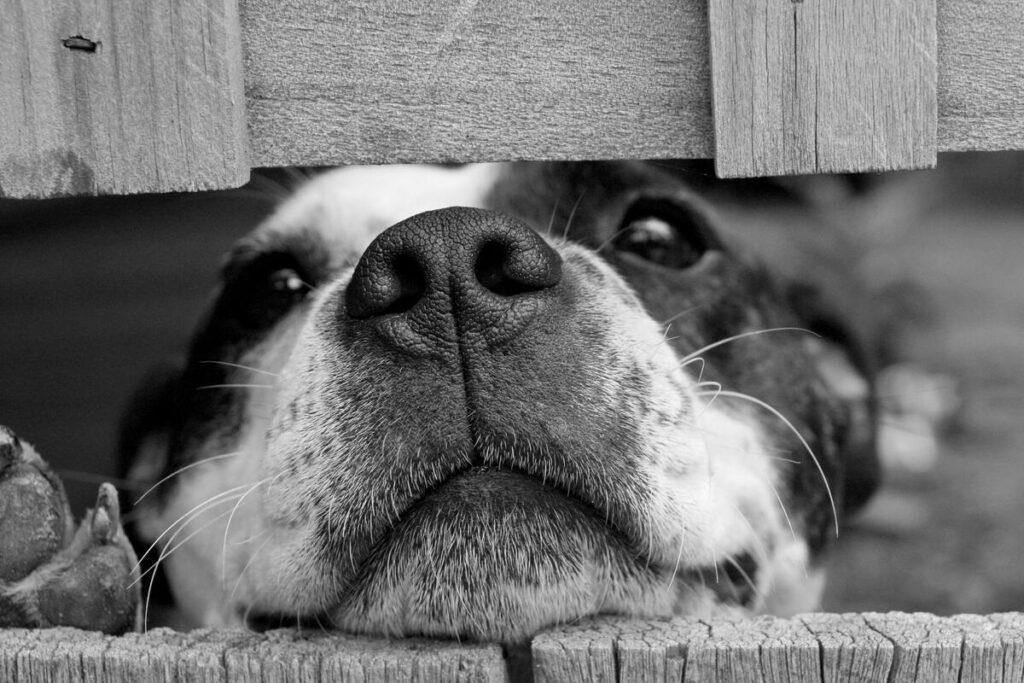Noticing a dog dry nose can make any pet owner pause — is it a normal variation or a sign of illness? In this guide, we’ll answer the big question: what does it mean when your dog’s nose is dry?
Table of Contents
- Is a Dry Nose in Dogs Normal?
- Common Causes of Dry Nose
- How to Care for a Dog’s Dry Nose
- When to See a Vet
- Mini FAQ
Is a Dry Nose in Dogs Normal?
In many cases, a dry dog nose is harmless and temporary. However, sometimes it can indicate dehydration, allergies, or even an underlying health issue. Let’s explore the real causes and simple solutions.
If your dog’s nose is dry but they’re acting completely normal — eating, drinking, playing, and pooping — there’s likely no cause for concern.
Common Causes of Dry Nose
Sleep and Rest
Dogs often wake up with dry noses simply because they haven’t been licking them while sleeping.
Dehydration
Not drinking enough water, especially in hot weather or after playtime, can lead to a noticeably dry snout.
Weather and Environment
Exposure to sun, wind, or dry indoor air (especially near heaters) can dry out your dog’s nose quickly.
Allergies and Irritants
Environmental allergens or contact with irritating surfaces can cause both dryness and mild inflammation.
Health Issues
Sometimes, dry nose can be linked to autoimmune conditions, sunburn (especially in light-nosed dogs), or even fever. If paired with lethargy, crusting, or discharge, contact your vet.

How to Care for a Dog’s Dry Nose
If your dog’s dry nose isn’t caused by illness, simple steps can help:
- Hydration: Make sure your dog has constant access to clean, fresh water.
- Humidifiers: In dry climates or heated rooms, use a humidifier to keep air moisture stable.
- Pet-safe nose balm: Apply vet-approved moisturizers made for dogs — avoid petroleum jelly unless recommended by your vet.
- Avoid harsh surfaces: Keep your dog from lying on rough or hot surfaces that can irritate the nose.
When to See a Vet
Visit your vet if the dryness is persistent, cracked, bleeding, or accompanied by signs of illness such as vomiting, diarrhea, lethargy, or loss of appetite.
Some serious autoimmune conditions like discoid lupus or pemphigus can first show symptoms on the nose.
For a veterinary perspective, you can also read the PetMD guide on dry noses in dogs.
Mini FAQ
Is it bad if my dog has a dry nose?
Not always — many causes are harmless, but it can be a warning sign if combined with other symptoms.
What should I put on my dog’s dry nose?
Use dog-safe balms or coconut oil. Avoid human creams unless directed by a vet.
Can dehydration cause a dry nose?
Yes, lack of water can quickly lead to a dry, warm nose — ensure your dog stays well hydrated.
How can I prevent it?
Provide plenty of water, avoid sun overexposure, and use nose balms when needed — especially in dry environments.
Final Thoughts
In most cases, a dry nose in dogs is perfectly normal and temporary. But knowing when it might signal something more serious is key to responsible pet parenting. Pay attention to your dog’s behavior and pair that with basic care — and your pup will stay happy and healthy.
For more on health issues you can notice early, check out our guide on Signs of Illness in Dogs or learn about Dog Hot Spots Treatment.



